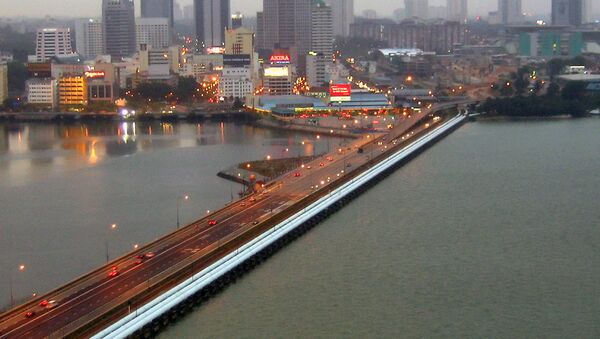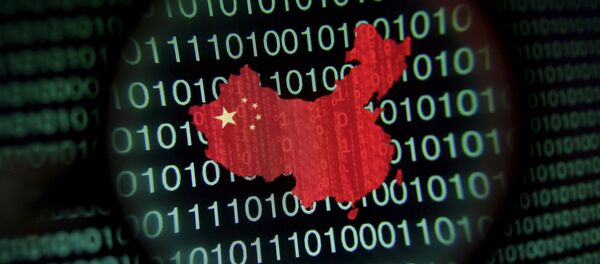Singapore's Prime Minister Lee Hsien Loong met Chinese Premier Li Keqiang, China's head of government and a politician second only in power to General Secretary Xi Jinping. Li told Lee that China had great respect for Singapore, and that their nations should work together more as Singapore is a key member of the Association of Southeast Asian Nations (ASEAN).
"I trust this [meeting] will inject new energy into not just China-Singapore relations but also China-ASEAN relations," Li said, referring to Singapore's place as the rotating chair of ASEAN. Singapore is the most developed member of ASEAN, with the highest per capita GDP of any Asian nation.
Lee concurred with his Chinese counterpart's sentiments, saying that he was grateful for the "opportunity to discuss how to work together in the regional context and with ASEAN."
The two men discussed major economic initiatives such as a $14 billion high speed rail from Singapore to the Malaysian capital of Kuala Lumpur, which a Chinese state corporation is in the midst of a bidding war to build against companies such as Japan's JR East and Germany's Siemens.
Anonymous sources told Reuters that the meeting was an effort by Beijing to fortify their claim on the South China Sea, much of which they consider to be their sovereign territory. In addition to territorial disputes with Indonesia, Taiwan, Philippines, and Vietnam, China has also had to contend with the US bloc (including nations like India and Japan) enforcing the right of freedom of navigation through what the Americans see as international waters.
Singapore, a close US ally, is dependent on free navigation through the economically essential South China Sea. Singapore's port is the second busiest in the world, and their economy has been ranked number one in enabling trade by the World Economic forum.
In October 2016, China accused Singapore of secretly endorsing a Philippine international lawsuit against China's territorial claims. Professor Jin Yinan, of the Public Liberation Army's National Defence University, called for his government to "express our discontent" through retaliatory sanctions.
Singapore also maintains good relations with Taiwan, the white whale of Chinese foreign policy. While Singapore has no official diplomatic relations with what China considers to be a wayward province, it has a strong economic partnership with Taiwan and frequently sells them military equipment.
Only a month after Chinese accusations of Singaporean interference, a Hong Kong port authority impounded nine Singaporean armored personnel carriers that had been on loan to Taiwan for military exercises. As both nations openly talked of their relationship deteriorating, China quietly returned the vehicles to Singapore earlier in 2017.
China has risen to Singapore's top trade partner, acting as Singapore's top import partner and its second largest export partner, as well as its second-largest foreign investor.





